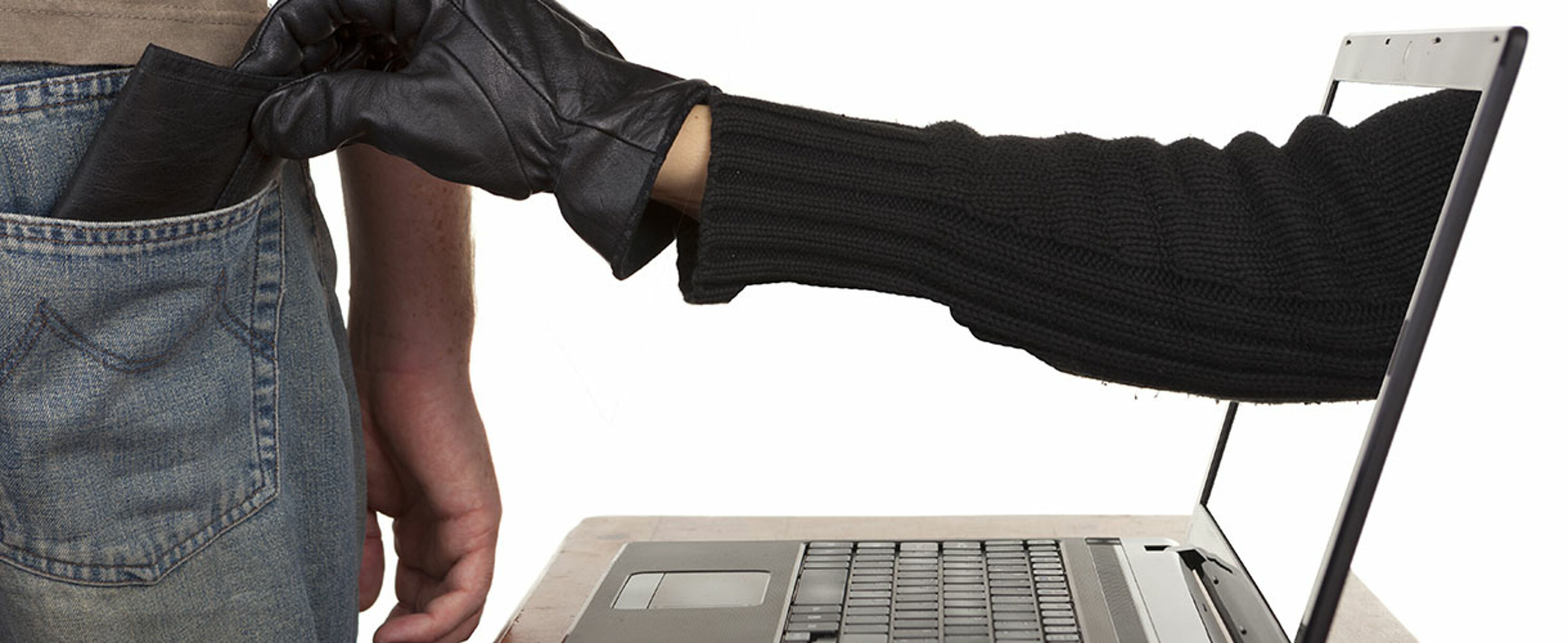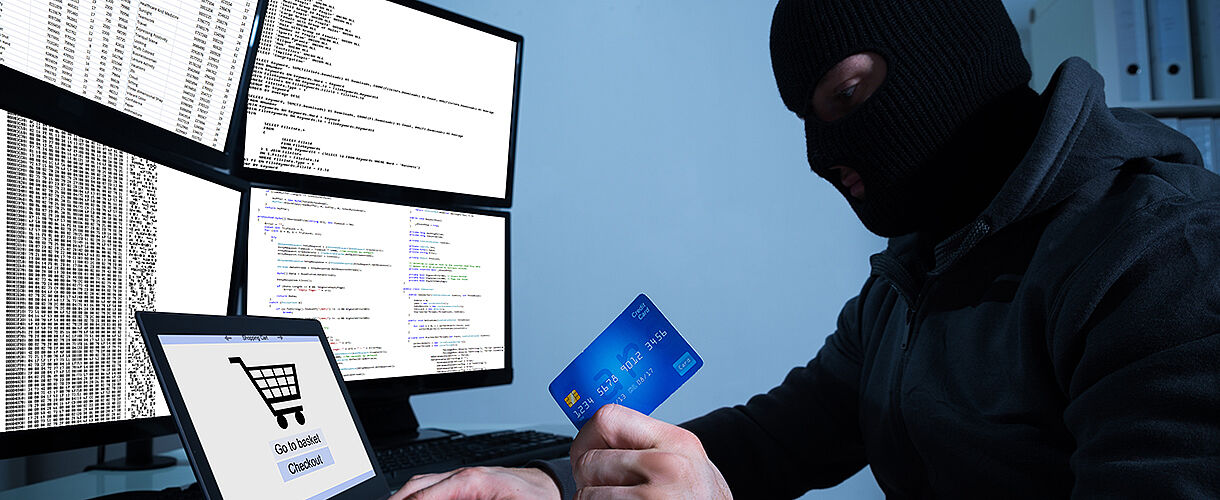
Caution - trap! How to protect yourself from online attacks
You think you know your way around the new media and are sure not to become a victim of cyber crime? Then you will be amazed at how cunningly online fraudsters operate. The following examples demonstrate where it is advisable to take a closer look and be suspicious of contact attempts.
Of course, we all know that we should be careful about disclosing our personal data on the Internet. That's why we choose a separate password for each account we create. For Internet purchases, we might use PayPal, as this way we benefit from buyer protection. Spam mails can't fool us, because we know how to detect them. And yet the police and the public prosecutor's office have to deal with countless cases of fraud on the Internet. These range from minor offences to identity theft.

Trap 1: Phishing
Always pay special attention to incoming mails if they ask you to take an action. This may be a scam by fraudsters who are using this method to try to obtain your personal data or bank details. Even if the mail comes from a seemingly trustworthy sender or you know the sender's name: Look closely at the sender's email address and consider whether it is plausible. It can be an indication of a fraudulent mail even if the e-mail itself looks authentic. Be very careful if you receive an email asking you to verify an account or update your details. If you are asked to follow a link for this purpose - don't do it. Trustworthy providers would never ask you to do so via a link. The website you access via such a link is likely to be fake.
Trap 2: The friend-in-need trick
In an online variant of the notorious "grandchild trick", you are contacted by a supposed relative or friend whom you have not seen for a long time. If it turns out in such contact that you are asked for money, this should trigger major doubts. Even if it would be very honourable to help a person in need - in such a case you should question the authenticity of the request. Because: Scammers can find out a lot about you and your environment through your activities on social media. Even if your profiles are set to "private", they can easily gather information about you. It is best not to respond to such a request at all. Or simply pick up the phone and call the person in question on the phone number known to you.
Trap 3: Malware
You should also be careful with e-mail attachments. Because you can pick up malware via attached files. The tricky thing is that such infected files can come from people with whom you are in contact. If their computer has been infected unnoticed, existing email traffic may have been hijacked and you suddenly receive malware from a completely unsuspicious contact. The police also warn against this. There are repeated reports of so-called bots that paralyse entire systems or extract data. Especially if you are in a hurry or inattentive, such a mail can slip through and cause damage. As with the phishing trap, it can help to take a close look at the mail sender and to check whether the choice of words and the structure of the message are typical of the sender. If there is the slightest deviation, you should not open the attachment. Clicking on .exe files is an absolute no-go, and even macros in text files can contain malicious programmes.

Trap 4: Online-shopping fraud
Another trap lurks in online shopping. So-called fake shops keep popping up, i.e. online shops that look deceptively real. If you order here, you may wait in vain for your order, while your credit card has already been charged. When shopping online, the general rule also applies: If the offer sounds too tempting, it is probably not genuine. You can recognise a fake shop, for example, by the absence of an imprint or insufficient terms and conditions. Numerous spelling and grammatical errors as well as faulty sub pages also point to an illegal site. If there is no real customer service and only a bank account abroad, it's best to keep your hands off it.
Trap 5: Amazon Marketplace, eBay, eBay classifieds and PayPal
The marketplaces of Amazon, eBay and eBay classifieds are unfortunately also frequently used by criminals. Here too, offers that simply look too tempting should be treated with caution. If the price is too low, you run the risk that the goods are counterfeit. But there is another problem, and this is where the use of PayPal comes in. If you want to sell something yourself and accept payment via PayPal, you should look carefully. Especially the "PayPal for friends" option is used for fraud time and again. So, don't trust the authenticity of an email from PayPal confirming an incoming payment, but always check your PayPal account before sending anything. Further details about this nasty method are available here.
Finally, here is a tip: If you have become a victim of fraud, please report it to the police. The more accurately you describe the incident and back it up with evidence such as contact history or email correspondence, the better the police can pursue the crime.